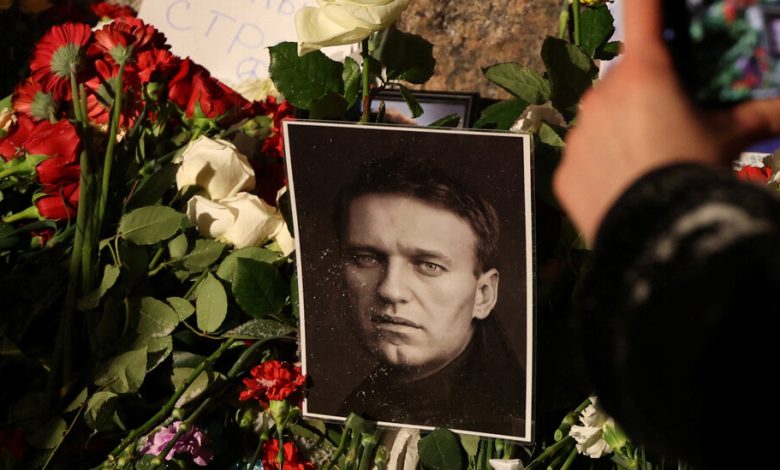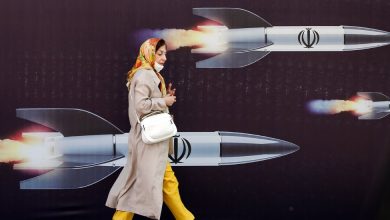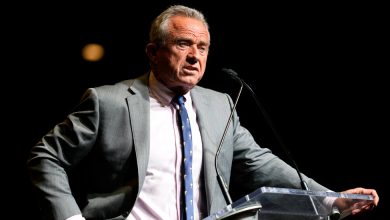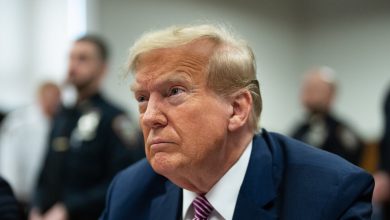Navalny Challenged Russians to ‘Live Not by Lies’

For most of the 12 or so years in which Alexei Navalny crusaded against the rule of Vladimir Putin, the Russian president tried to avoid mentioning his gadfly by name, even as he and his minions tried every which way, assassination included, to silence him. Yet when the news of Mr. Navalny’s reported death in a remote northern labor camp appeared on official Russian news sites, it included the detail that Mr. Putin, on a visit to the city of Chelyabinsk, had been “informed.”
Many official outlets also reported the reactions of officials in the West, and some on discussions in the Russian legislature, about how the United States and its allies in Europe would likely exploit Mr. Navalny’s death, possibly by imposing more sanctions.
This treatment of Mr. Navalny’s death — with the gravity usually reserved for a national crisis — flies in the face of the government charade that he was nothing more than a crook or could be discredited by calling him a terrorist, extremist and Nazi, as the trumped-up charges that sent him to the labor camp implied. Instead, the official reactions inadvertently confirmed what Mr. Putin had tried so hard to conceal: that Mr. Navalny’s ceaseless accusations of corruption and misrule were a serious political challenge to Mr. Putin’s dictatorial rule. And that in death, Mr. Navalny could become even more dangerous.
Unlike his Soviet predecessors in the Kremlin, who could draw on a universalist ideology to justify repression, Mr. Putin has had to build his personal rule on an illusion of democracy while fixing elections, bending the courts to his will and allowing massive corruption. Instead of criminalizing opposition as “anti-Soviet agitation and propaganda,” Mr. Putin must combat principled dissent, like Mr. Navalny’s, with concocted labels like “foreign agent” or “terrorism.”
What made Mr. Navalny dangerous was that he broke through the lies. And that could make him an even more potent figure, a martyr. That is a risk to the Kremlin only a month before national elections, which Mr. Putin wants to portray as a ringing national endorsement of his rule and his war on Ukraine.
Mr. Navalny had denounced the invasion of Ukraine from the outset. “This is a stupid war which your Putin started,” he told a court in Moscow. Mr. Putin believed he could stifle opposition to the war by arresting critics or sending them into exile. Many of those opposed to the war were from the urban intelligentsia, not the provincial masses, who are generally more willing to accept the Kremlin’s propaganda, which blames the war on machinations by the United States or supposed threats by Ukraine.




